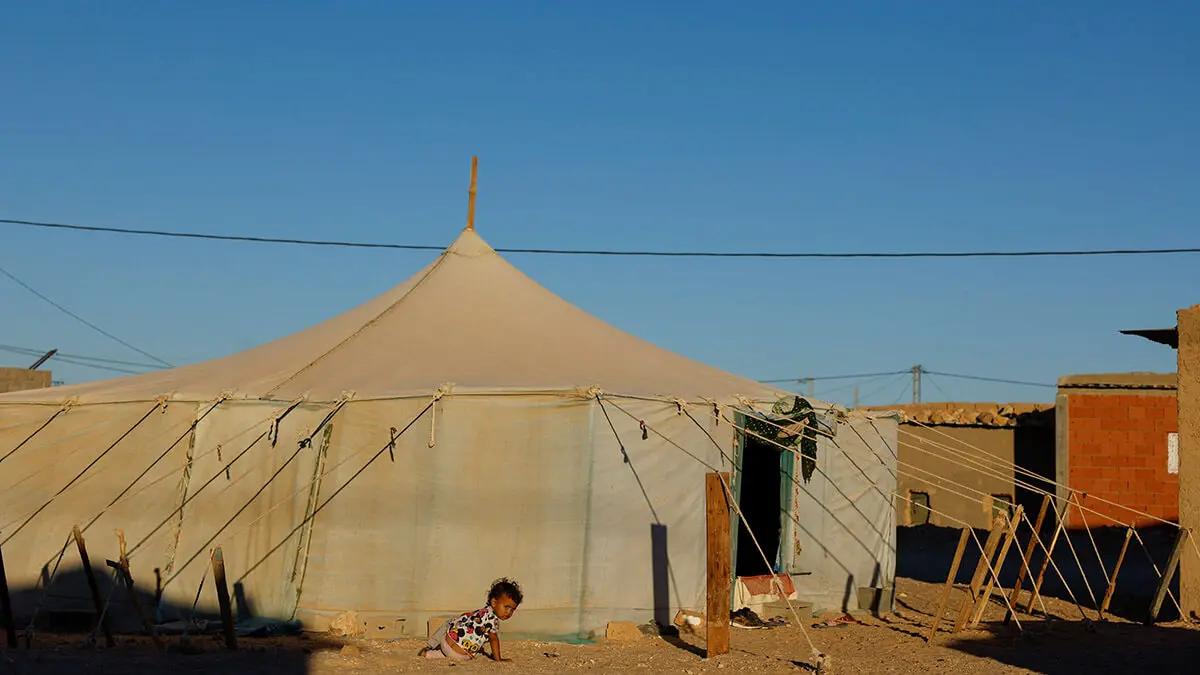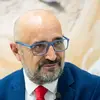Open letter to groups of friends of the Saharawi people

In my youth I was a fairly active member of this group until maturity and knowledge of the history and its people made me change my view of the facts. As the years go by and you listen to and read the opinions of some of the secondary players, you are surprised and become more convinced of your ideas, going from being a simple listener to feeling the need to express yourself.
When a person sympathises with the political problem between some Saharawis and Morocco, they should, above all, know a little about the history of this country and be curious to get to know and talk to all those involved; not only those who try to give their version by reinterpreting events in order to attract the solidarity and good faith of many people and groups. There are no absolute truths, but it is impossible to have an impartial idea of events without knowing all the factors involved, as one would fall into the trap of making a biased judgement.
I feel like a direct witness to the path taken by the Saharawi people over the last forty years. I'm not going to detail my CV, but I have been having this particular tea and living closely with many of them for about thirty-five years, and I can boast of having close friends among them. My conclusions, although they may clash with the idea forged in the imagination of certain groups or may seem politically incorrect to some others, are based on my personal experience and on the knowledge I have acquired about the social and political life in this territory.
In my opinion, the term Saharawi people does not exist as such. Instead, we should talk about a very diverse and varied society, due, among other reasons, to the tribalism that exists, as well as other identifying elements, such as language or dress, and other traditional customs such as tea, weddings, daily ways of life, etc. To find out where the expression Saharawi people comes from, we have to go back to the Spanish colonial era, when the aim was to differentiate the indigenous population that inhabited the territory from the adjacent territories such as Morocco. Spain and France drew straight lines as borders, and argued that the population that inhabited that territory was different. They adopted the name Saharawi people to refer to those who remained in the area they controlled.
Families and tribes from the area were formed and educated, differentiating them from other sisters in the south, north and east, and for years they conformed to what was then considered the ‘Mother Country’, as is often the case in many colonised territories. But their cousins, uncles and even in some cases their own biological brothers were in the neighbouring area, separated by an artificial border. For a few years the situation was comfortable and productive but it was neither a natural nor a chosen scenario, and so it was doomed to conflict.
We have to go back a few centuries to understand how Saharan society was formed or, more precisely, Bidani or Hassani society, and what its origins are. These lands were populated by Berbers expelled from the Atlas Mountains fifteen hundred years ago, who ventured into the desert. Later the camel arrived, they began to dig wells, to trade and to expand. Populations from Yemen appeared, that is to say Arabs, who over the years intermarried, and from this hybridisation emerged over the centuries what we know today as Hassani or Bidani society.
Readers may well ask themselves what the Polisario Front is, what are its reasons for claiming this territory or why this organisation has emerged, claiming to be the legitimate spokesperson for a society formed over the centuries. In their arguments about how Spanish decolonisation went, they omitted certain facts that have been provoking a feeling of responsibility and solidarity in many Spaniards, as happened to the undersigned and especially to the military who were the majority population that inhabited this region. This is not what I intend to express in this article, since I believe that there are already works that each one can interpret as they see fit. My reflection goes further back in time, trying to analyse the mistakes made in the past.
Between the 1960s and early 1970s, Africa began to be decolonised. Spain had to leave the country that is now called Equatorial Guinea, leaving only what was known as the Southern Protectorate of Morocco: Ifni, Tantan, Tarfaya and also the Sahara. At the end of the 1950s, the retrocession of these territories had been established, that is to say, their return to Morocco, but they wanted to keep the Sahara, among other reasons, because the famous and well-known high-quality phosphates had just been discovered, which could produce great benefits for us. The man who reigned over Morocco at that time, the grandfather of the current king, Mohammed V, had been claiming the territory and, although he did not manage to get it, the claims were there.
The economy in the area was on the up, the Saharawi who had settled down were starting to study, to travel and, in short, to live well. Meanwhile, their cousins and brothers in the north, that is to say, in the south of Morocco, were beginning to have mixed feelings and a desire to share in that same privileged situation. The most educated, some of whom were studying in Rabat, met one day in Tantan, a city very close to the territory that was at that time in Spanish hands. They shouted slogans and demonstrated, literally, ‘Spain must go!
The Moroccan authorities broke up the demonstration and, immediately afterwards, the instigators of the events fled in haste to the neighbouring country of Algeria. At this point in the story, one has to ask why they chose this country as a place of refuge, a country that already had serious differences with Morocco. It is important to remember that the protests were not against Morocco, but against Spain.
They created an imaginary ‘state’, they had offices in Algiers, they established representations abroad; but they lacked the most important thing: the people. It was relatively easy to create this people: all they had to do was go to the desert and start appealing to the humble, still nomadic, livestock-farming population and promise them a better world. This was how they began to educate the youngest members of society in revolutionary ideals. Immediately afterwards, they entered the territory occupied by Spain and managed to reach some of these people. I don't know how many people joined the cause and moved their homes to the Algerian camps, but today I have come to the conclusion that it can't have been many. Most of them soon returned and others who didn't probably couldn't; these are verbatim words gathered in the years I've been living in Laayoune.
Articles have been written harshly criticising the initiatives taken by Saharawis such as Mr Hach Ahmed, one of the main driving forces behind the associations created in Spain in the late eighties and early nineties in solidarity with the Saharawi population affiliated to the Polisario Front. Considered the best ambassador of this movement in Latin American countries. I ask myself: how do you measure the solidarity of people who are capable of criticising the ideas of a man who, like others, has had great responsibility in this conflict and is only trying to put an end to an injustice created by young people who, with fanciful ideas, supported by powers that are completely at odds with the interests of a sovereign country like Morocco, have used part of the population and led them to total and absolute misery, collapse and disrepute?
Many Saharawis, now in their fifties, continue to support the Polisario cause unconditionally. But, paradoxically, those who defend this cause the most are people who have been living in Spain for more than thirty years, obtained Spanish nationality, started families and have decent jobs in Spain, thanks to the studies they were able to do with the help and collaboration of associations that, like the one I ran in my youth, we provided them with. Thirty-five years later, those who were unable to leave in their day are still in the Tindouf camps. Their voices and opinions are still silenced today. We Westerners continue to receive revolutionary messages that move us to solidarity and to sympathise with a cause that achieves the opposite effect to the one we desire.
It is necessary to give all our support and solidarity to any initiative that has the intention of solving the errors of the past, such as the one proposed and promoted by Mr Hach Ahmed and so many others.
Gonzalo Sánchez Álvarez-Castellanos, author of the guidebook ‘Cultural tourism in Southern Morocco, from Sidi Ifni to La Güera’



